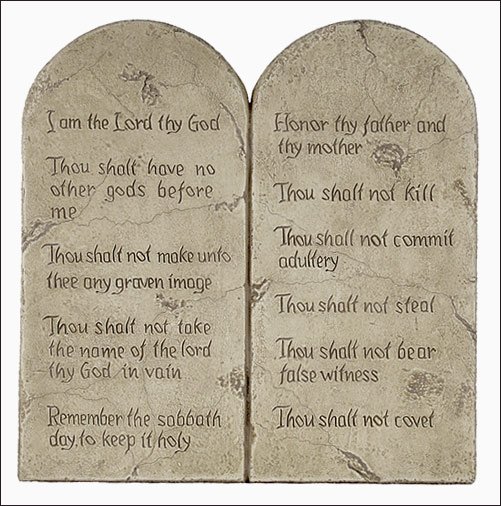Paul wrote this in 1 Corinthians 7, “If any brother has a wife who is an unbeliever, and she consents to live with him, he must not divorce her. And a woman who has an unbelieving husband, and he consents to live with her, she must not send her husband away. For the unbelieving husband is sanctified through his wife, and the unbelieving wife is sanctified through her believing husband; for otherwise your children are unclean, but now they are holy.”
This is an actual quote from the Bible, but is it inspired? A lot of times we use some reverse logic to prove that the Bible is inspired. It basically stems from a single verse from 2 Timothy 3:16, “All scripture is inspired by God and profitable for teaching, for reproof, for correction, for training in righteousness;” Through a number of jumps and hoops we conclude assume that various writers believed that other writings were scripture and therefore those writings were inspired by God. Of course, few people stop to think about the fact that this verse does not actually say what “scripture” is… just that it is inspired by God (at least according to its author).
So back to my original question, do you believe what Paul wrote in the quote above is in fact inspired by God? What if I told you that I left off an interesting part of this verse. Before Paul talks about Christian marriage he qualifies this statement by saying, “But to the rest I say, not the Lord …” In other words, God didn’t tell him this, it is just a reasonable response to the problem at hand. Later on in the same chapter he says something similar, “Now concerning virgins I have no command of the Lord, but I give an opinion as one who by the mercy of the Lord is trustworthy.”
Any decent apologist would simply say that whether or not Paul knew it, this is inspired by God. I remain skeptical. As I study the bible more and more and read more of the new testaments records of how Jesus behaved and treated the Old Testament writings, I become even more skeptical of the position that makes every word of the Bible infallible. I already know that this position is highly flawed anyway (see my old posts on inerrancy 1, 2, 3) but I am starting to questioning more of this belief system and I am basing it wholly on what the Bible reports on Jesus! Even if someone holds to the position that “all scripture is inspired by God” then they have to decide how “scripture” is being defined, in other words, what makes something scripture? If we accept that there are writings which were inspired by god, then how do we know what writings were inspired? Wat items are merely historical record of what happened? What did Paul mean by “scripture” in 2 Timothy 3:16? What does Paul mean by the word θεόπνευστος — God inspired — which only occurs once the Bible?
So, this is what I’ve been thinking about lately.



Yes, what DID Paul mean by “God breathed”? Did God breathe the scriptures out, or did he breath life into them?
I agree with you (both here, and in your 3 Inerrancy posts, that we need to be a little more circumspect about what we claim. We modern westerners are inclined to want scientific precision where it is almost certainly not available to us.
So I think we must say, in faith, that the whole Bible is in some sense inspired by God (i.e. God wanted it written down more or less as it is), but that it isn’t all equally inspired, equally applicable, or even equally correct.
The way forward is surely to depend a little less on scholarship (though this is still valuable), and hardly at all on our favourite assumptions, and a lot more on prayer, and the guidance of the Holy Spirit, as discerned by christians worldwide. Messy and uncertain, yes, but also humbling and open to God.